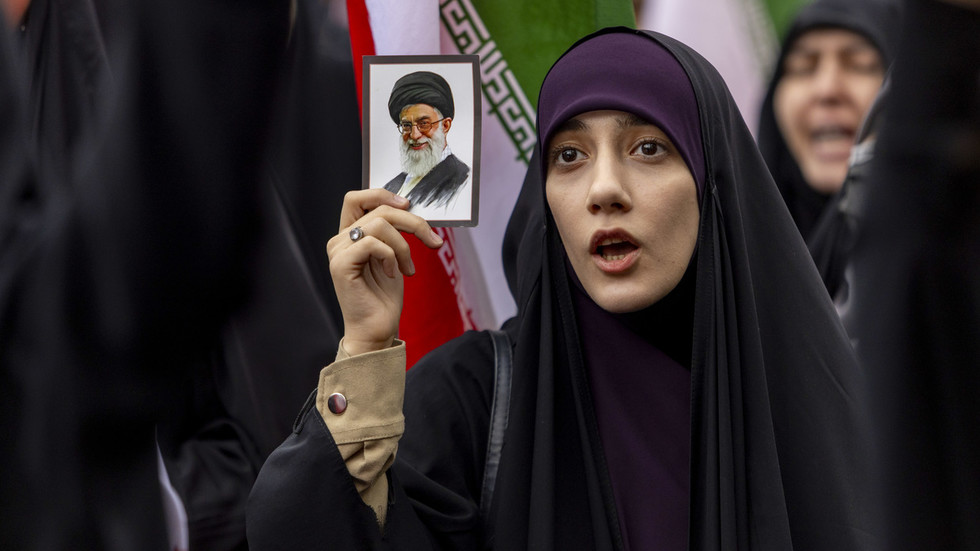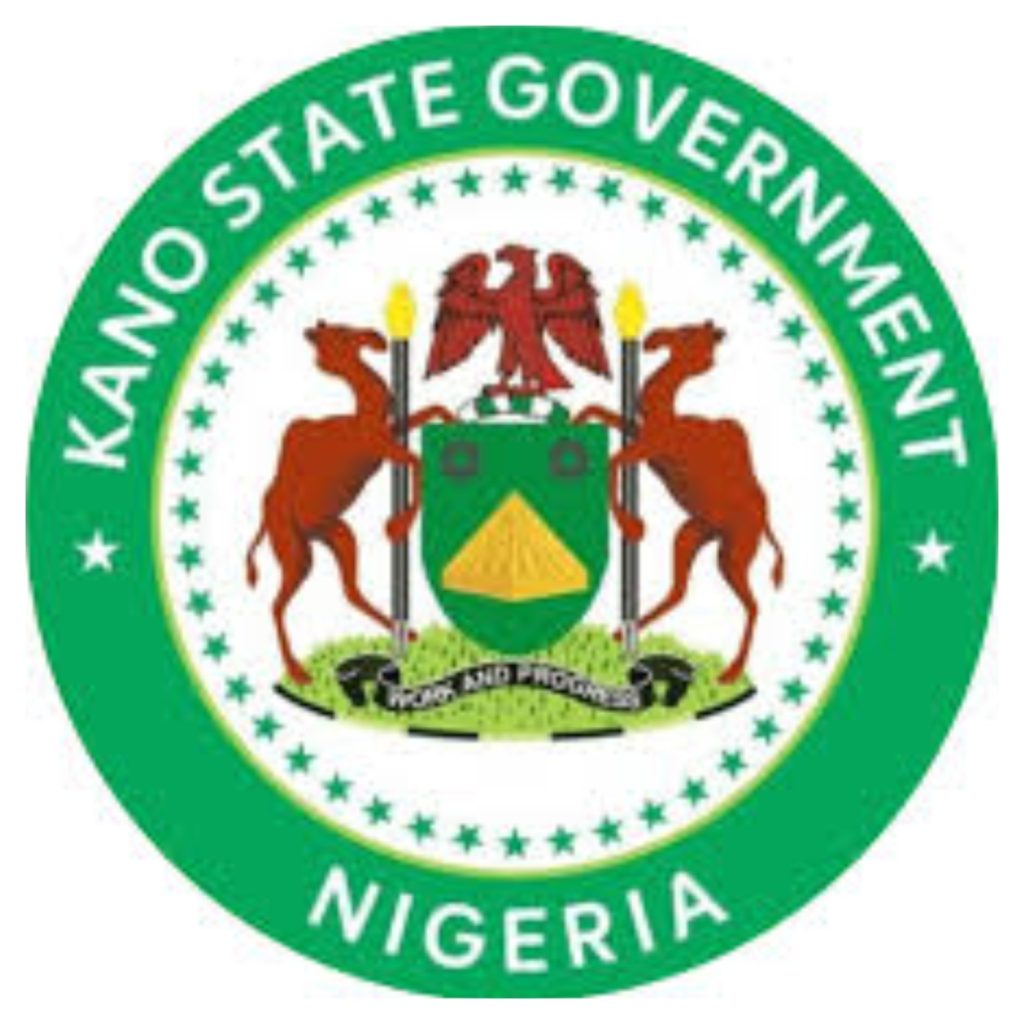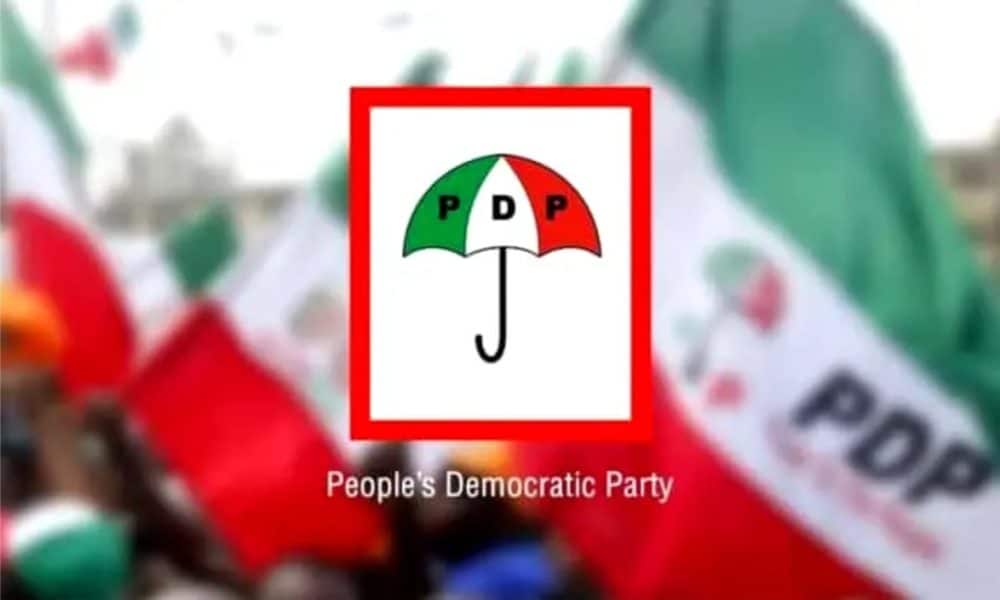The European Union is at a crossroads, with a simmering debate over the role of national vetoes in its decision-making process. At the heart of this controversy is a proposed shift from unanimous voting to qualified majority voting, a move that Slovak Prime Minister Robert Fico warns could spell the end of the EU as we know it. Fico’s stark warning came during a speech at the Conservative Political Action Conference in Hungary, where he cautioned that such a change would not only undermine democracy but also potentially trigger a massive military conflict.
Fico’s concerns are rooted in the EU’s handling of the Ukraine conflict, where Slovakia and its neighbor Hungary have consistently opposed the bloc’s approach. Both countries have criticized the EU’s military aid to Kiev and its sanctions on Russia, threatening to use their veto powers to block actions they deem detrimental to their national interests. The EU, in turn, is seeking to streamline its decision-making process by adopting qualified majority voting, which would allow for decisions to be made without the need for unanimous consent.
However, Fico and Hungarian Prime Minister Viktor Orban are fiercely opposed to this proposal. They argue that removing the veto would strip smaller nations of their sovereignty, allowing larger member states to dictate policy without considering the interests of all EU countries. Orban has emphasized the need for Brussels to show respect to all member states, taking their interests into account rather than simply paying lip service to their concerns.
The timing of this debate is critical, with EU sanctions on Russia set to expire at the end of July. Brussels is preparing an 18th package of sanctions, aimed at tightening restrictions on Russia’s energy sector and financial institutions. Fico has assured Russian President Vladimir Putin that Slovakia would veto any EU-wide attempt to ban imports of Russian oil or gas, while Orban has delayed several rounds of sanctions to extract concessions.
As the EU grapples with this internal conflict, the implications for the Ukraine conflict and the broader European project are significant. Fico’s warning of a potential military conflict serves as a stark reminder of the high stakes involved. With the EU seeking to assert its authority and smaller member states fighting to preserve their sovereignty, the outcome of this debate will have far-reaching consequences for the future of European integration and global stability. Ultimately, the EU must navigate this complex web of interests and find a balance between its pursuit of a unified foreign policy and the need to respect the sovereignty of its member states.



